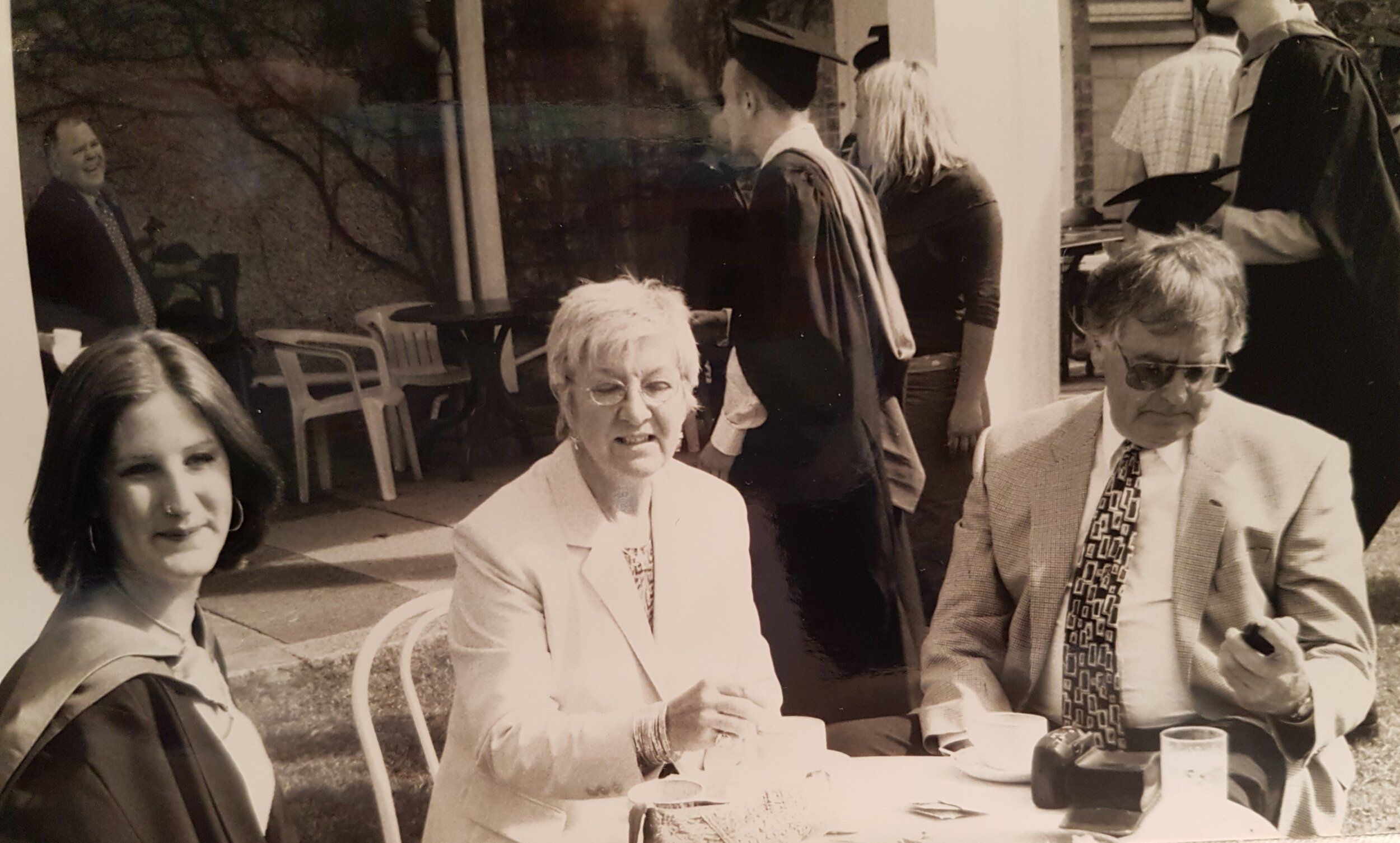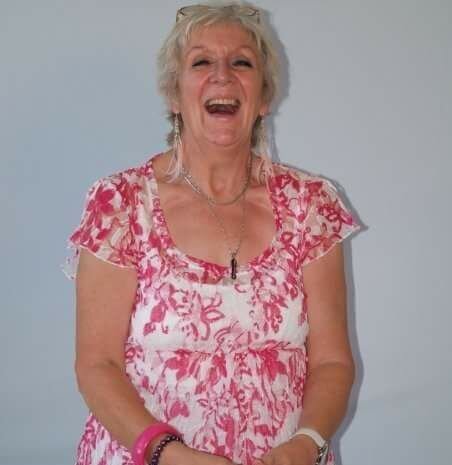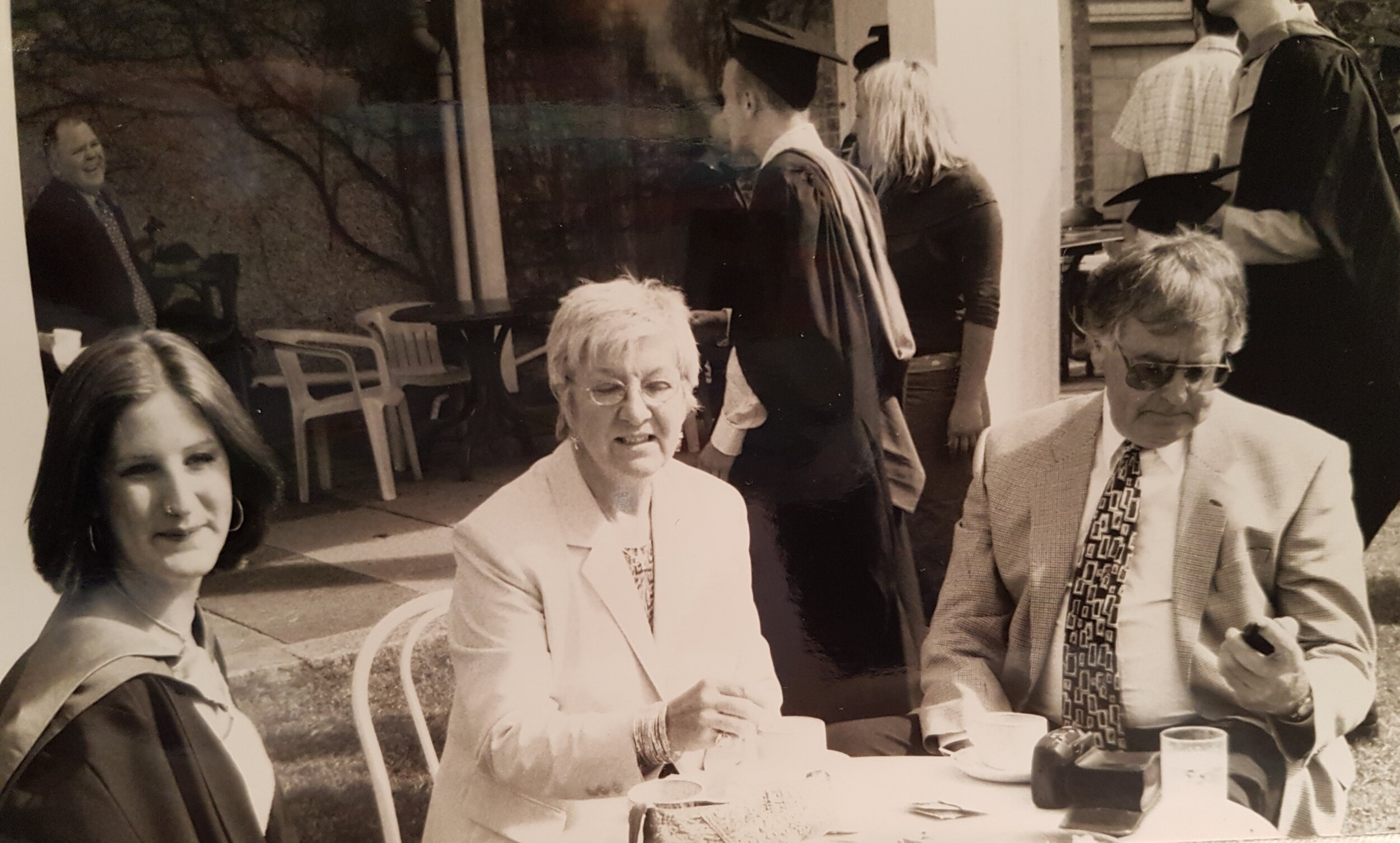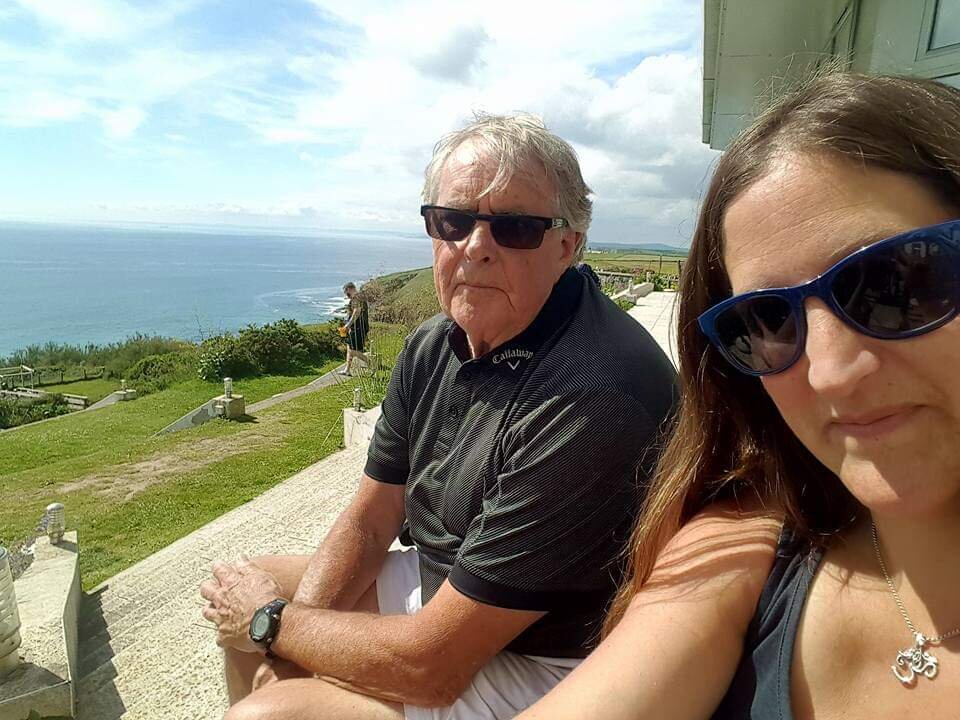By Helen Wilson, whose parents died in the same hospital, three years apart
1. Grief can arrive long before a parent dies, if your relationship is troubled.
You can grieve for the mother or father you wish you had and spend time trying to rescue and re-built your bond. But once they have died, you not only grieve the fact that they are gone, but you grieve for what can now never be. Grieving for a parent when your relationship has been problematic is complex and often misunderstood. In death, the clouds can part and what is left is a deep yearning for that innate connection. At times you can feel what is left, just a pure form of love, without any suffering.
2. The imprint of grief doesn’t leave you, but you learn to understand it and ride the waves as they come. At first they can be overwhelming, panic driven and filled with anger, but in time the winds settle and they just ripple across your being. We have to learn to sit with the heaviness, be with the silence and allow ourselves to accept how we are feeling. Only then can we adjust and find peace with this new way of being.
3. Anticipatory grief is extremely powerful and debilitating, especially when we lose people in a short period of time. We feel like time is frozen, walking around unable to connect with the outside world or anything that anyone is saying that doesn’t directly relate to the fact our parent is dying. A desperation, a hopelessness, knowing that things are out of our control. It’s an incredibly painful place, waiting for death. But once it arrives, the passing can bring a subtle shift in our reactions, allowing grief to move into the present. And it’s OK for there to be a sense of relief.
4. Having your parents die can leave you feeling totally lost, unplugged and at times desperate. Where have I come from? Where am I going? How has this happened? Where did that time go? It’s common to feel like no one understands, but they do when you reach out. You don’t have to stay stuck in this place. You can learn to stop, breathe and be still. From the remains we can connect with the essence of the people we have lost, who can help us find our voice and strength once again.
5. You need to think about what you need to do to take care of yourself when you are grieving, both physically and mentally. Have sleep, rest, nourishment and time. Take things slowly and allow feelings to rise and fall as they do. We can be present with them, breathe into them and let them go. In time, this state will ease and we are left with the rest of our lives to embrace. That’s what they would have wanted.
About Helen Wilson
Helen Wilson is a 39 year old freelance journalist, podcast producer and yoga teacher, who lives in Wales. Her mother Jane, died after 10 days in hospital in July 2017, aged 63. She had final stage liver cirrhosis and was a recovering alcoholic. Her father Ray, died 3 years later, after 7 days in the same hospital in July 2020, aged 86.
You can follow Helen on Facebook and on Instagram.
www.womankindyoga.com






